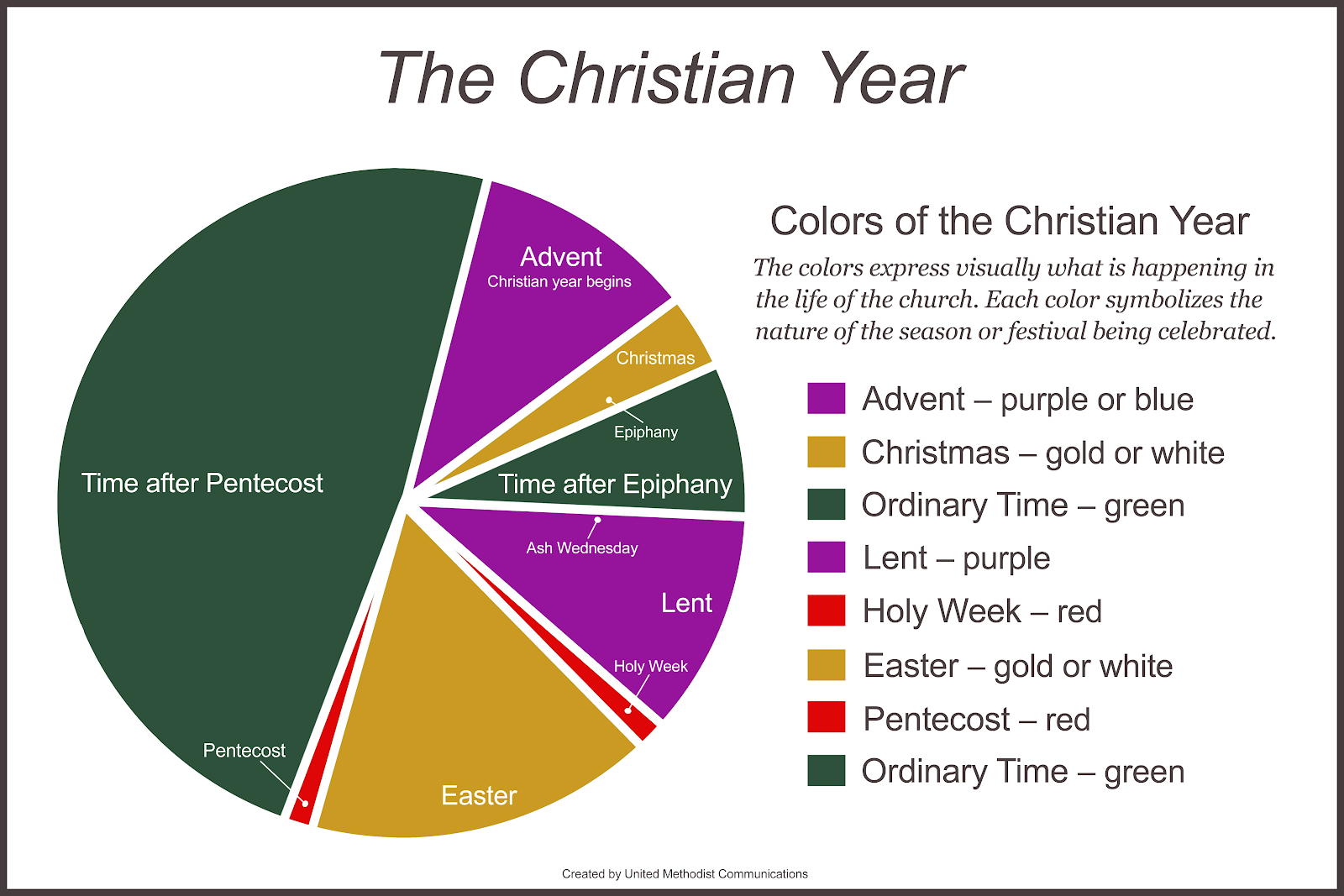A DOUBLE-SHOT WEEKEND
A
DOUBLE-SHOT WEEKEND
The Universal
Norms on the Liturgical Year and the Calendar, published in the Roman
Missal which every priest uses to celebrate Mass, states that “Holy Church
celebrates the saving work of Christ on prescribed days in the course of the
year with sacred remembrance. Each week,
on the day called the Lord’s Day, she commemorates the Resurrection of the
Lord, which she also celebrates once a year in the great Paschal Solemnity,
together with his blessed Passion. In
fact, throughout the course of the year the Church unfolds the entire mystery
of Christ and observes the birthdays of the Saints.”
The mysteries
of the life of Christ include his Conception, Birth, Baptism, Transfiguration,
Passion, Death, Resurrection, and Ascension into heaven. All of these are celebrated as either Solemnities
or Feasts. What the Church calls the
“birthday of the Saints” is the date of their passing from this world into
heaven; they are born unto eternal life.
The rank of a liturgical celebration depends on many considerations,
including its history of devotion, its place in the mysteries of Christ, its
impact on the Church, etc.. A feast day
is ranked a Solemnity, a Feast, an Obligatory Memorial, or an Optional
Memorial. A higher rank takes precedence
over a lower rank; for example, if a Memorial falls on a Sunday it gives way to
the Solemnity of Sunday.
The most
important Solemnities in the Church year are Easter and Christmas. They each have an Octave of eight days and a
season which proceeds them and follows them.
Jesus rose from the dead on the Sunday following the Jewish
Passover. Jews determine the date of
Passover every year based on a lunar calendar, which depends on the cycle of the
moon phases to determine the length of months, which is not consistent. Passover is fixed on the 15th day
of the month of Nissan, marked (more or less) by a full moon. In the
year 45 BC the Roman Emperor Julian adopted a more accurate solar calendar for
the empire which became known as the Julian calendar. (Pope Gregory XIII promulgated a better calendar
in 1582, which is now named after him). The
early Christians kept the annual celebration of the Resurrection of the Lord
around the time of Passover but followed the Julian calendar. Easter is not celebrated on a specific date
like Passover, but always on the Sunday following the spring equinox. In 2024 it will be celebrated on March 31.
Christmas has a
fixed date since it commemorates the Nativity of Christ. It is number two in the rank of Solemnities,
and takes precedence over any other celebration, including Sunday. This year December 25 falls on Monday, which
means that Christmas Eve will be celebrated on Sunday beginning at 4 p.m. The Fourth Sunday of Advent will be
celebrated in the vigil Mass of Saturday, December 23 and on Sunday morning,
December 24. It is a holy day of
obligation, and all Catholics are obliged to assist at a Mass for Sunday as
well as a Mass of Christmas. Two
Masses in two days, or one in the morning and one in the evening. Here is our parish schedule of Masses:
Fourth
Sunday of Advent: Vigil Mass at 4:30
p.m. and one Mass in the morning of Christmas Eve day at 10:00 a.m. Please note that we will not celebrate an
8:00 a.m. Mass on that Sunday.
Christmas: Sunday, December 24 at 4:00 p.m. and 8:00
p.m. and
on Monday,
December 25 at 10:00 a.m.
Here is a
curiosity from Canon Law. The Sunday
obligation is fulfilled whenever a Catholic attends any Mass on the vigil or day. For example, to assist at a funeral Mass or
Nuptial Mass on a Sunday would fulfill one’s Lord’s Day obligation. Therefore, next weekend, if you attend a
Christmas Vigil Mass you will fulfill your Sunday obligation even if you do not
attend a Fourth Sunday of Advent Mass.
However, you will still be obligated to fulfill your Christmas duty by
attending Mass on Christmas Day!




Comments
Post a Comment